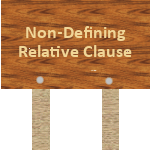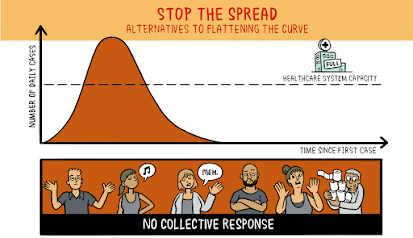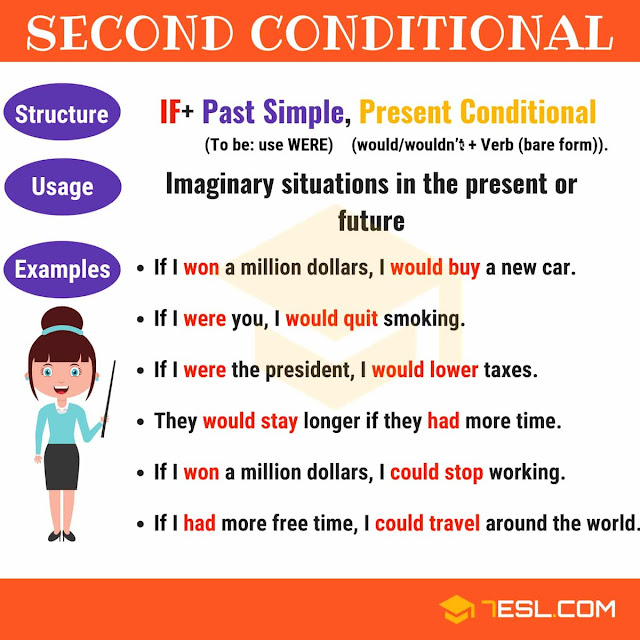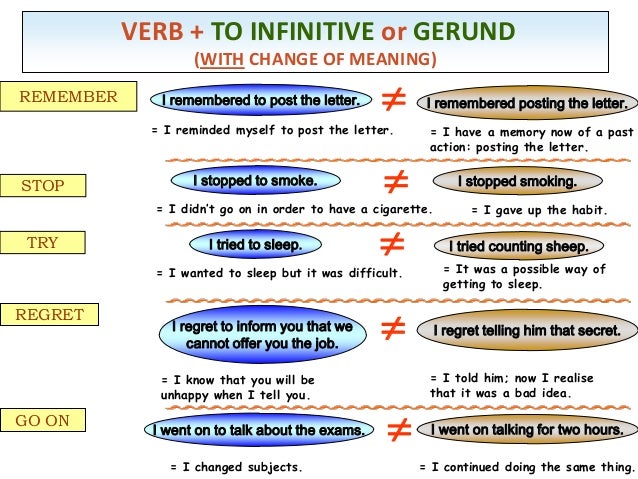Defining relative clauses are used to give essential information about someone or something – information that we need to know so as to understand what or who is being referred to.
If a defining relative clause is removed, the meaning of the sentence changes significantly. A defining relative clause is not separated from the rest of the sentence by commas or parentheses.
A defining relative clause usually comes immediately after the noun it describes in order to retain a clear connection and the pronoun will depend on its role in the sentence (subject, object, possessive).
He is the man who found my wallet. Subject as antecedent.
She bought the bike (which/that) you liked. Object as antecedent.
He is the man whose sister lives near you.
This is the town where Shakespeare was born.
2004 is the year when Barack Obama became president of the USA.
When the relative is an object complement, it can be omitted. So its use is optional and we often drop it when we’re talking.
Non-defining relative clauses
A non-defining or non-essential clause gives us more information about the person or thing we are talking about.
If a non-defining relative clause is removed from a sentence, we lose some detail, but the overall meaning of the sentence remains the same.
We always use a relative pronoun (who, which, whose or whom) to introduce a non-defining relative clause, but we don’t use that.
Non-defining relative clauses are always set off from the rest of the sentence with commas.
Segovia, where my sister lives, is not far from Madrid.







































